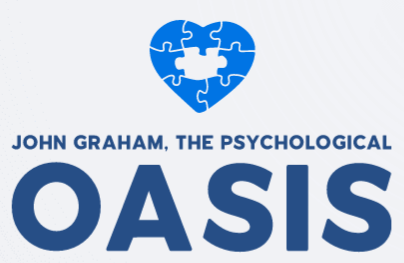Integrative Counselling: Uniting Therapeutic Modalities for Holistic Wellness
Integrative Counselling: Exploring the Benefits of a Holistic Approach to Mental Wellness, including the role of Psychodynamic Counselling, Internal Family Systems (IFS) Therapy, Polyvagal Theory, and Hypnotherapy.

Integrative Counselling: A Holistic Approach to Mental Wellness
 Understanding Integrative Counselling
Understanding Integrative Counselling
Integrative counselling is a comprehensive approach that combines elements, approaches, and therapeutic tools from various therapies to address clients’ psychological issues. It offers a personalised and flexible method tailored to individual client needs, drawing from cognitive behavioural therapy, psychodynamic psychoanalytic therapy, and humanistic therapies. This inclusive approach harnesses the strengths of each therapy to effectively treat a wide range of mental illnesses. By incorporating evidence-based techniques and theories, integrative therapy pays attention to affective, behavioural, cognitive, and physiological levels of functioning.
 Exploring the Role of Psychodynamic Counselling in Integrative Therapy
Exploring the Role of Psychodynamic Counselling in Integrative Therapy
Psychodynamic counselling contributes to the integrative approach by delving into the underlying causes of psychological issues and promoting healing. It focuses on exploring the unconscious mind and childhood experiences to understand and address the root of the client’s problems. By incorporating psychodynamic principles, integrative therapy gains insight into the client’s internal conflicts and past experiences, which can significantly contribute to the overall therapeutic process.
Internal Family Systems (IFS) Therapy: Addressing Internal Community and Healing
IFS therapy, developed by Richard Schwartz, is a valuable addition to integrative counselling for addressing mental health conditions and psychological wounds. It focuses on understanding and addressing issues within a person’s internal community or family, aiming to achieve healing through the exploration and reconciliation of different internal entities. Although beneficial, limitations of IFS therapy include potential interference from the therapist’s parts and the protective parts of the person in treatment, which need to be carefully managed within the integrative framework.
Polyvagal Theory and its Application in Integrative Counselling
Polyvagal theory and exercises, such as the voo and vagal brake, are incorporated into integrative counselling to address mental health issues by regulating the autonomic nervous system. These techniques offer a unique approach to addressing psychological challenges by promoting self-regulation and enhancing emotional well-being.
The Role of Hypnotherapy in Enhancing Integrative Counselling
Hypnotherapy plays a crucial role in enhancing the effectiveness of integrative counselling by installing helpful beliefs and addressing various mental health issues. By utilising hypnotherapy, integrative counselling gains a powerful tool for promoting positive behavioural and cognitive changes, contributing to the overall healing process.
Embracing the Benefits of Integrative Counselling
Integrative counselling offers an inclusive and personalised approach to mental wellness, addressing the unique needs of each individual and harnessing the strengths of multiple therapeutic modalities. The client-therapist relationship is pivotal in ensuring the success of integrative counselling, providing a non-judgmental and supportive environment for clients to explore and resolve their psychological challenges.
